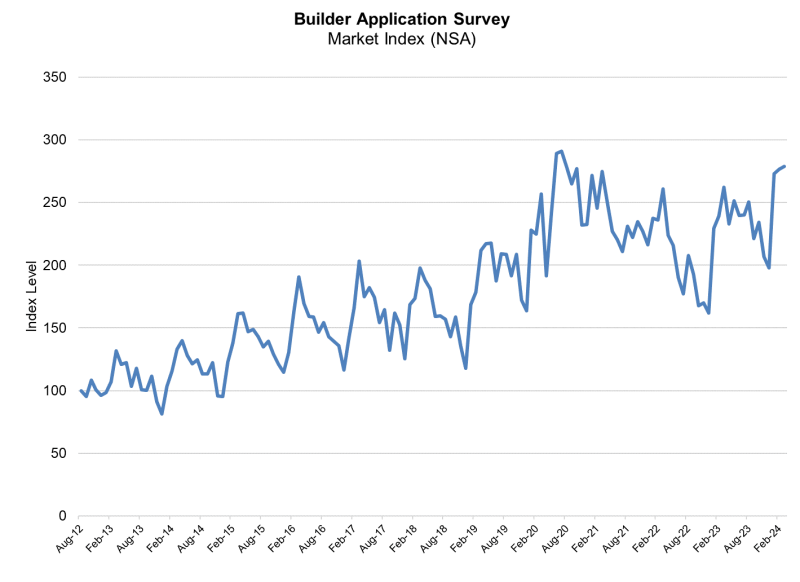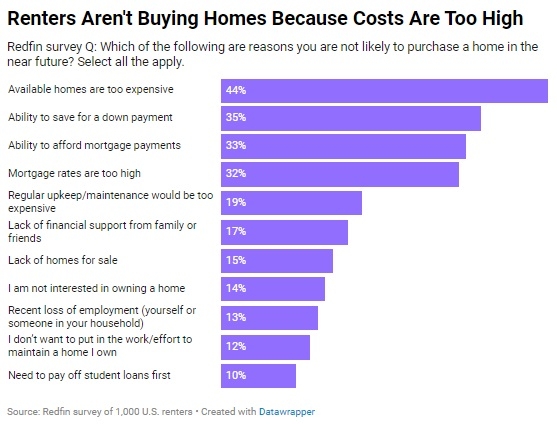Advertisement
Freddie Mac launches new workout plan for high-risk loans
MBA's Courson testifies on promoting bank liquidity MortgagePress.comMortgage Bankers Association, MBA, John Courson, Bank Liquidity, House Financial Services Committee, HR 703, Troubled Asset Relief Program
John A. Courson, president and CEO of the Mortgage Bankers
Association testified before the House Financial Services Committee
on Feb. 3 at a hearing titled, "Promoting Bank Liquidity and
Lending Through Deposit Insurance, Hope for Homeowners, and other
Enhancements."
Below is Mr. Courson's oral statement, as prepared for
delivery.
"Thank you for the opportunity to testify this afternoon on HR
703, a new bill intended to promote bank liquidity and lending. Of
particular interest to MBA and its members are the changes to the
HOPE for Homeowners program, the focus on addressing servicer
liability, and the improvements to the Troubled Asset Relief
Program.
Let me begin with the HOPE for Homeowners program, which was
intended to be a tool to help delinquent homeowners avoid
foreclosure, but has had trouble getting off the ground.
HR 703 would remove the obstacles that have prevented its
optimal use. For instance, the bill drops the requirement that
borrowers have a housing debt-to-income ratio greater than 31
percent. It also increases the maximum loan-to-value permissible
under the program from 90 percent of the appraised value of the
property to 93 percent. These changes will allow more borrowers to
qualify and also make the program more attractive to lien holders,
who will be able to take a smaller write-down.
MBA also supports language in the bill that addresses HOPE for
Homeowner's exceedingly high annual premiums by granting FHA
flexibility in setting annual premiums that are in line with other
FHA products. This reduction will instantly make the HOPE for
Homeowners program more affordable for troubled borrowers.
MBA appreciates the committee's efforts to provide servicers
with greater legal protections for performing loss mitigation
activities. Although most pooling and servicing agreements allow
for modifications and workouts, not all do. Some PSAs that allow
modifications and workouts may contain conflicts, while others may
be silent on modifications, thus increasing the risk of liability
for the servicer. These problems have limited servicers' ability to
help borrowers.
MBA, however, is concerned that investors may challenge the
validity of this safe harbor. If these challenges prove successful,
servicers will be exposed to significant legal liability and losses
for breaching their contracts - despite their actions being within
the spirit of the law. MBA would recommend that Congress include a
provision that would indemnify servicers from liability if the safe
harbor provision is deemed unlawful.
Moving to the changes to TARP, MBA endorses this committee's
efforts to provide additional clarity and direction to the
Department of the Treasury in how these funds are allocated. Above
all else, we believe it is important to return TARP to its original
purpose, which was to purchase non-performing assets off banks'
balance sheets.
And while the government's focus to date has been on righting
the residential mortgage market, we at MBA also recognize that the
broader credit crisis has negatively impacted the commercial and
multifamily real estate sectors. Our response needs to be holistic
and address the significant challenges facing these multi-trillion
dollar markets.
Mr. Chairman, because this is a hearing about bank liquidity, I
want to take a minute to bring to your attention an issue that has
hamstrung many independent mortgage bankers, and that is the
shortage of warehouse lines of credit from commercial banks. These
lines of credit are used to finance loans held for sale from
origination to delivery into the secondary market. Warehouse
lending capacity has declined dramatically--from over $200 billion
in 2007 to approximately $20-25 billion in 2008. For the originator
that depends solely on warehouse lines of credit, this reduction
could reduce liquidity, extinguish their lending business, and
adversely impact the consumers in their market, stifling the real
estate recovery before it has a chance to get off the ground.
Congress and the administration should take steps to maintain
existing lines of warehouse credit and create new lines of
warehouse lending by providing a short-term federal guarantee of
warehouse lines that are collateralized by FHA, VA, GSE, and
RHS-eligible residential mortgages that are held for sale by
mortgage lenders.
My written testimony discusses this issue at greater length, as
well as other steps Congress and the Obama administration can take
to restore faith in the mortgage industry and avoid future
foreclosures. First and foremost, Mr. Chairman, we need stronger
regulation of mortgage bankers and brokers. By working together, we
can build a better regulatory system, one that works for consumers
and industry alike. MBA and its members want to be your partners in
these efforts.
We also need to continue to strengthen FHA by investing in new
technology and allowing them to hire staff on par with other
financial regulators, and we need to increase loan limits for FHA
and the GSEs. And we need to remember Ginnie Mae, which is now
securitizing about 40 percent of the mortgage market--more than
Fannie or Freddie--yet they have less than 100 employees.
Mr. Chairman, thank you for this opportunity to share our views
and ideas with the committee."
Mr. Courson's full written testimony can be found at www.mortgagebankers.org.
About the author





